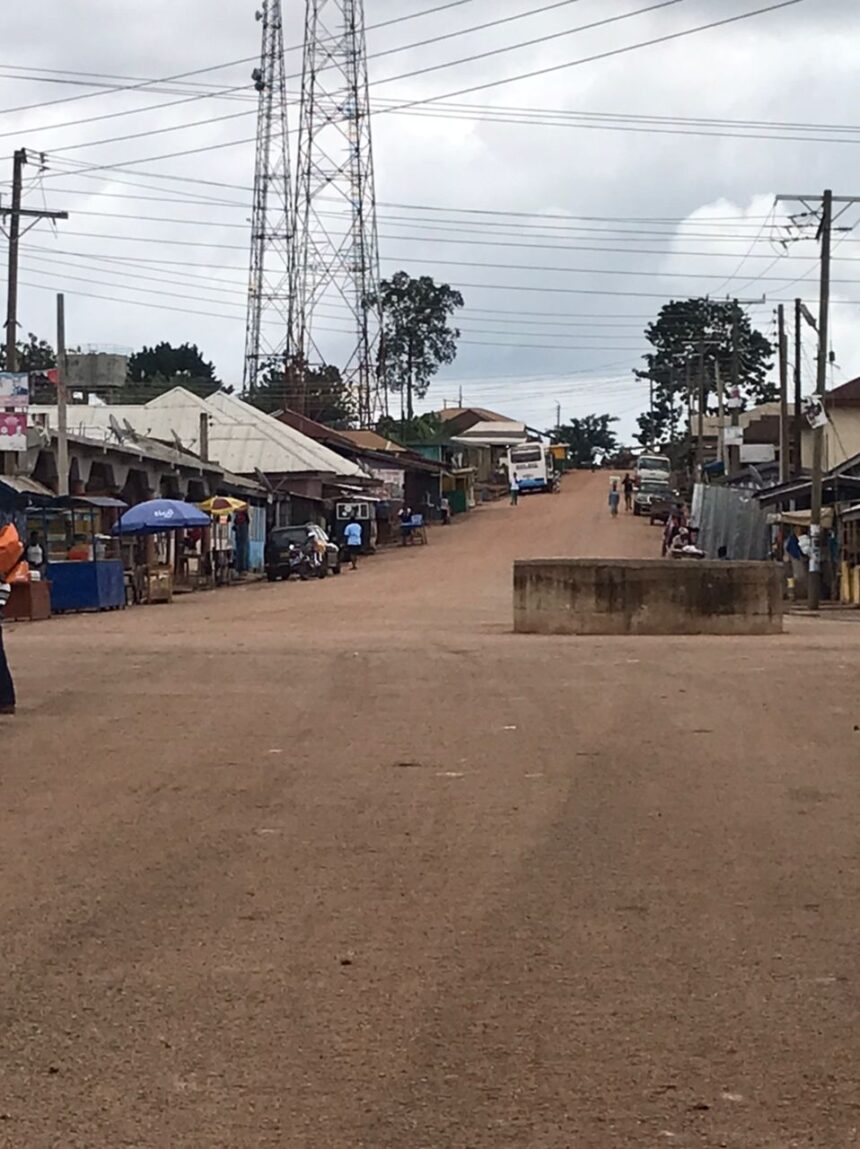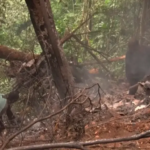The Importance of Chiefs in Ghanaian Culture
In Ghanaian culture, the role of a chief extends far beyond mere symbolism. A chief serves as a trustee of community land, a unifying figure for the people, a peacemaker, and a vital link between the community and the state. With a respected chief at the helm, communities are able to balance development, attract investments, and maintain law and order.
Chiefs play a crucial role in preserving the culture while leading their people towards progress. They serve as the backbone of growth and stability in towns and villages across the country.
However, in Adansi Akrokkerri, a once-thriving town in the Ashanti Region, the prolonged absence of a chief has created a leadership vacuum that is impeding development and causing disorder.
Since the passing of Nana Asare Bediako II, the Akrokkerrihene, in July 2001, the stool has remained vacant for nearly twenty years. The lack of a traditional leader has weakened the town’s ability to organize, safeguard its resources, and secure its future.
One of the most significant consequences of this vacancy is the surge in illegal mining, known as “galamsey.” Without a chief to oversee land use and enforce communal discipline, agricultural lands and forest reserves are being ravaged for mining purposes. Water sources are being contaminated, and the youth, who once sought guidance from traditional leaders, are now turning to environmentally harmful activities due to the absence of alternatives.
According to an anonymous opinion leader, “The absence of a chief has emboldened illegal miners. There is no customary authority to challenge them or mobilize the community to protect our lands. It is disheartening.”
Furthermore, the lack of leadership has hindered development in Adansi Akrokkerri. Essential infrastructure such as roads, health facilities, and schools are either non-existent or in a state of disrepair. The town’s historical teacher training school is struggling to maintain basic facilities for progress to occur.
Without a representative to advocate for the town to municipal authorities, Adansi Akrokkerri often misses out on development plans and resource allocations. One resident lamented, “When the chief is absent, the town becomes silent. Projects are allocated to other communities with strong leadership.”
Moreover, the chieftaincy dispute has divided the town, with prolonged court battles among the royal family members vying for the throne. This internal strife has weakened communal unity and hampered efforts to address local issues, from sanitation and unemployment to crime and land disputes.
The community members, elders, and youth groups are now calling for a swift resolution to install a new Akrokkerrihene. Many believe that restoring the chieftaincy is the first step towards reinstating law, order, and development in the town.
The case of Adansi Akrokkerri serves as a reminder that traditional leadership is essential to Ghana’s development agenda. A society without a chief is akin to a ship without a captain—directionless and vulnerable.
As illegal mining continues to devastate the country and development remains stagnant, the people of Adansi Akrokkerri eagerly anticipate the day when their stool will be occupied once again, revitalizing their town. They appeal to the King of the Asantes and other key stakeholders with influence in installing chiefs to expedite the process.








